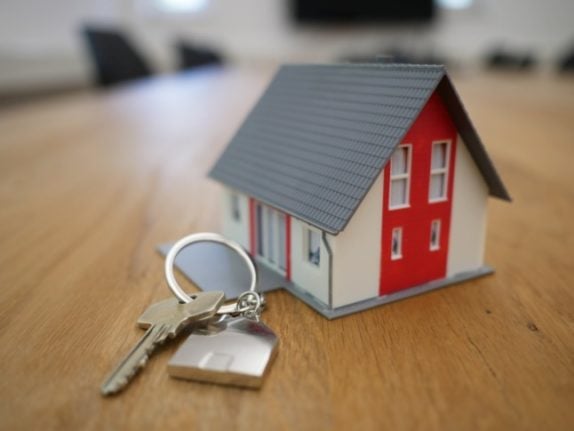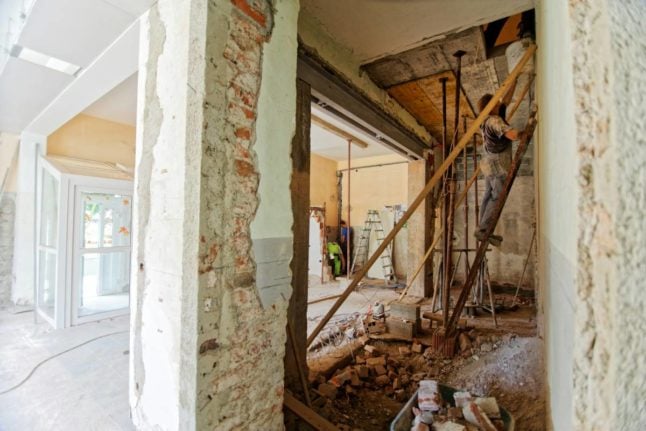Long expected interest rate rises in Norway have finally arrived after months of forewarning from financial institutes.
The key rate was raised to 0.25 percent as part of Norges Bank’s strategy to increase interest to 1.75 percent by 2024.
The most immediate and noticeable impact of this is lenders raising their interest rates to match the central bank’s.
While 0.25 percent may seem like a marginal rise on the surface, it could have a more significant impact on your wallet than you think.
For example, if you have a loan or mortgage of around four million kroner, you will pay approximately 8,000 kroner per year more in repayments after the rise.
EXPLAINED: What rising interest rates in Norway mean for you
It didn’t take long for lenders to say they would raise their rates, and several of Norway’s leading mortgage providers including DNB, Nordea, Sparebank 1 SMN, Danske Bank, and Sparebanken Sogn og Fjordane did so almost immediately after the key interest rate raise was announced.
“When Norges Bank now raises the key interest rate, we are leaving a historic period of zero interest rates behind us. We are moving towards normalisation. Even after this adjustment, our mortgage customers will still have a very low interest rate,” Ingjerd Blekeli Spiten, executive vice president for retail at DNB, said of the rate rise.
Most banks will begin charging new customers higher interest rates from the end of this month. At the same time, some of the country’s biggest lenders said existing customers can expect higher repayments from November.
Some banks such as Danske Bank raised their interest higher than Norge Bank’s rise. For example, Danske Bank is to increase lending rates by 0.30 percent.
“When Norges Bank raises the key interest rate, we must consider the changes this entails and adapt to the market situation. With this interest rate adjustment, (we) will continue to be very competitive in the market. This is something we will continue with,” Aleksander Dahl, head of the retail market at Danske Bank Norge, said in a statement.
Even with interest rates going up, it is still possible to avoid them or pay lower than the key interest rate if you contact your bank and negotiate the interest they charge on any loans and repayments with them, you could also explore the possibility of a fixed rate mortgage, which may be more expensive initially but will protect you against future rises.



 Please whitelist us to continue reading.
Please whitelist us to continue reading.
Member comments